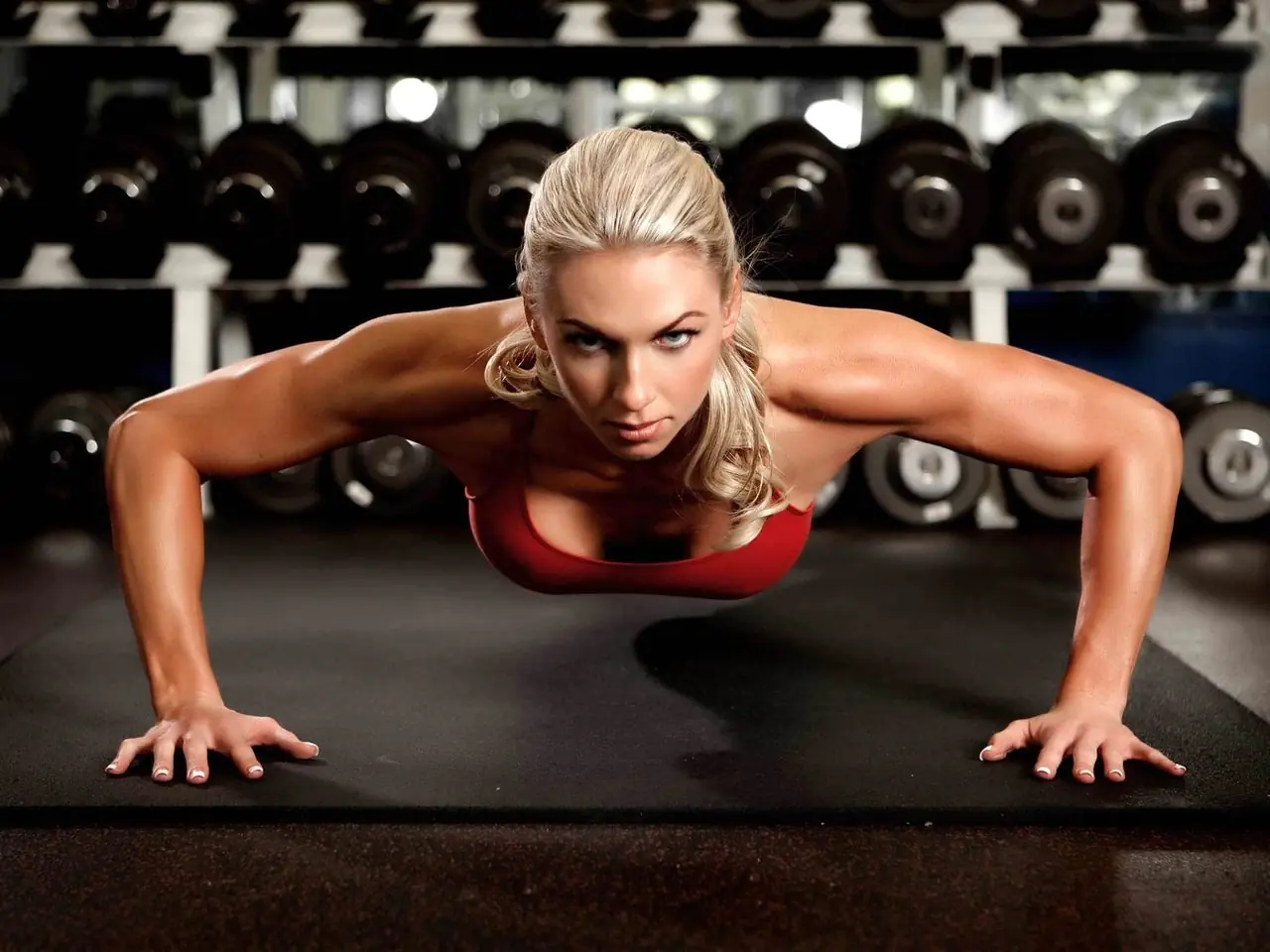Today, sports nutrition has become a pressing issue not only for professional athletes, but also for ordinary people who train in the gym or do fitness. Let's figure out what purposes sports nutrition is intended to serve, and what types it comes in.
Which proteins to choose for weight loss and fitness?
When a person decides to engage in fitness, as a rule, he pursues very specific goals. This could be weight loss, muscle building, shape correction, or general strengthening of the body. To achieve one or another goal, training alone is not enough; sports nutrition (diet for athletes) also plays an important role. So, if during physical activity you do not get enough of the right calories, the body becomes depleted and health problems begin. If you're losing weight, you can't let your muscle tissue lose weight—that's what protein is for. If you are building muscle mass, your body must consume more calories than it expends so that it has reserves to build muscle. However, these must be the right calories, otherwise belly fat will grow instead of muscle.
Professional athletes owe only 20% of their muscles to training, the remaining 80% comes from nutrition and rest.
SPORTS NUTRITION: TYPES
Sports nutrition is, at its core, active supplements for the body to obtain all the necessary substances under the condition of constant training. It does not replace normal nutrition, but only complements it. Therefore, eating regularly during the day should not leave your routine.
SPORTS NUTRITION: GAINER
Gainer is a carbohydrate-protein mixture for gaining weight and restoring energy balance. It is used during active training to help muscles grow faster. A gainer is also an excellent option for people who, despite regular training, do not have a normal diet.
SPORTS NUTRITION: PROTEIN
Protein foods are foods that are high in protein and have almost zero carbohydrates. Protein is the main builder and protector of muscle tissue. So, if you are building muscles, without protein they simply will not grow. When losing weight, the body can also lose muscle tissue instead of fat, and it is protein that can guarantee that the fat will go away and the muscles will remain.
Remember, the norm for a training person is 2.5 grams of digested protein per 1 kilogram of body weight. For one meal, where the main dish is meat, the body absorbs only 30 grams of protein. You can calculate how much you need to eat per day to provide your muscles with the required amount of protein.
SPORTS NUTRITION: AMINO ACIDS
Amino acids are the building blocks that build our entire body: from muscles to brain. They help restore muscle tissue after training, thereby reducing pain and preparing the muscles for further stress.
SPORTS NUTRITION: FAT BURNERS
Fat burners, and in particular L-carnitine, help burn fat. They only work with physical activity and help speed up the weight loss process.
SPORTS NUTRITION: ENERGY SUPPLEMENTS
During intense training, when the body does not have time to restore strength, energy drinks come into play. They consist of fast carbohydrates and instantly fill the body with energy. It’s the energy drinks in the gym that pumped-up guys drink during training.
SPORTS NUTRITION: VITAMINS
Special sports vitamins are designed to support the body under increased stress. They are drunk in courses and increase stamina and immunity.
CONCLUSION
Sports nutrition has nothing to do with doping, drugs and other prohibited drugs; these are active supplements for filling the diet of a training person with the necessary amount.



